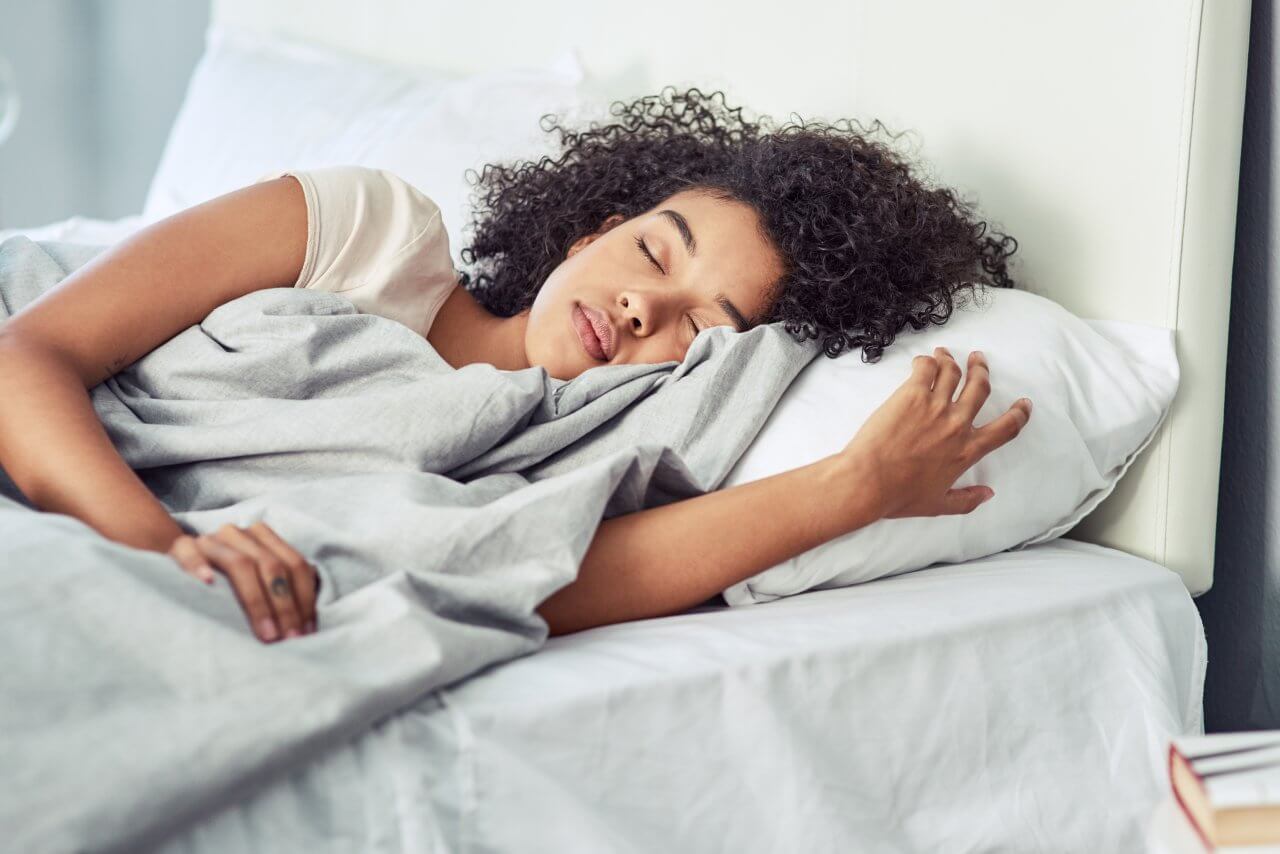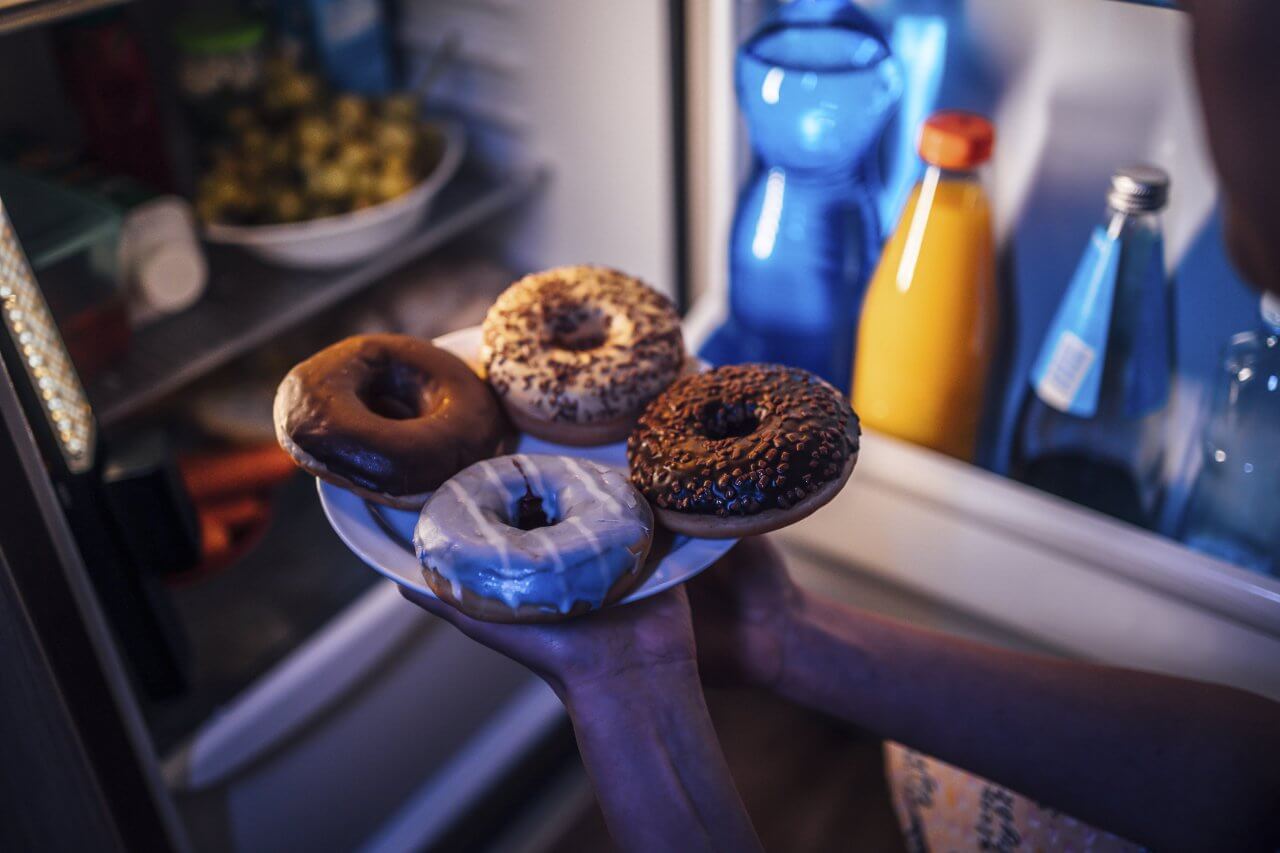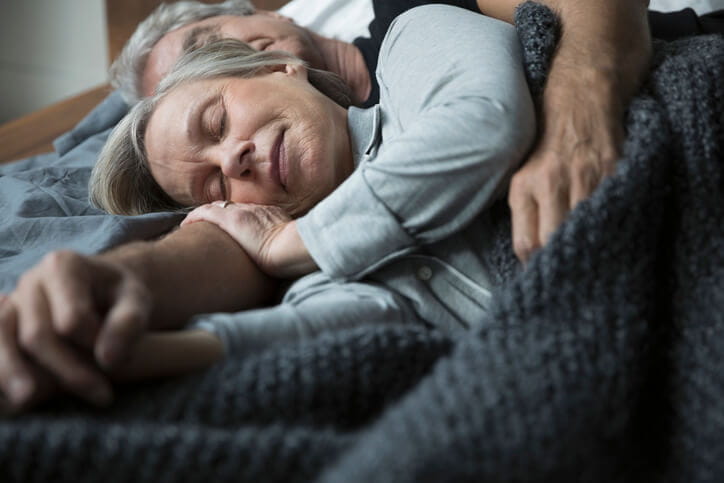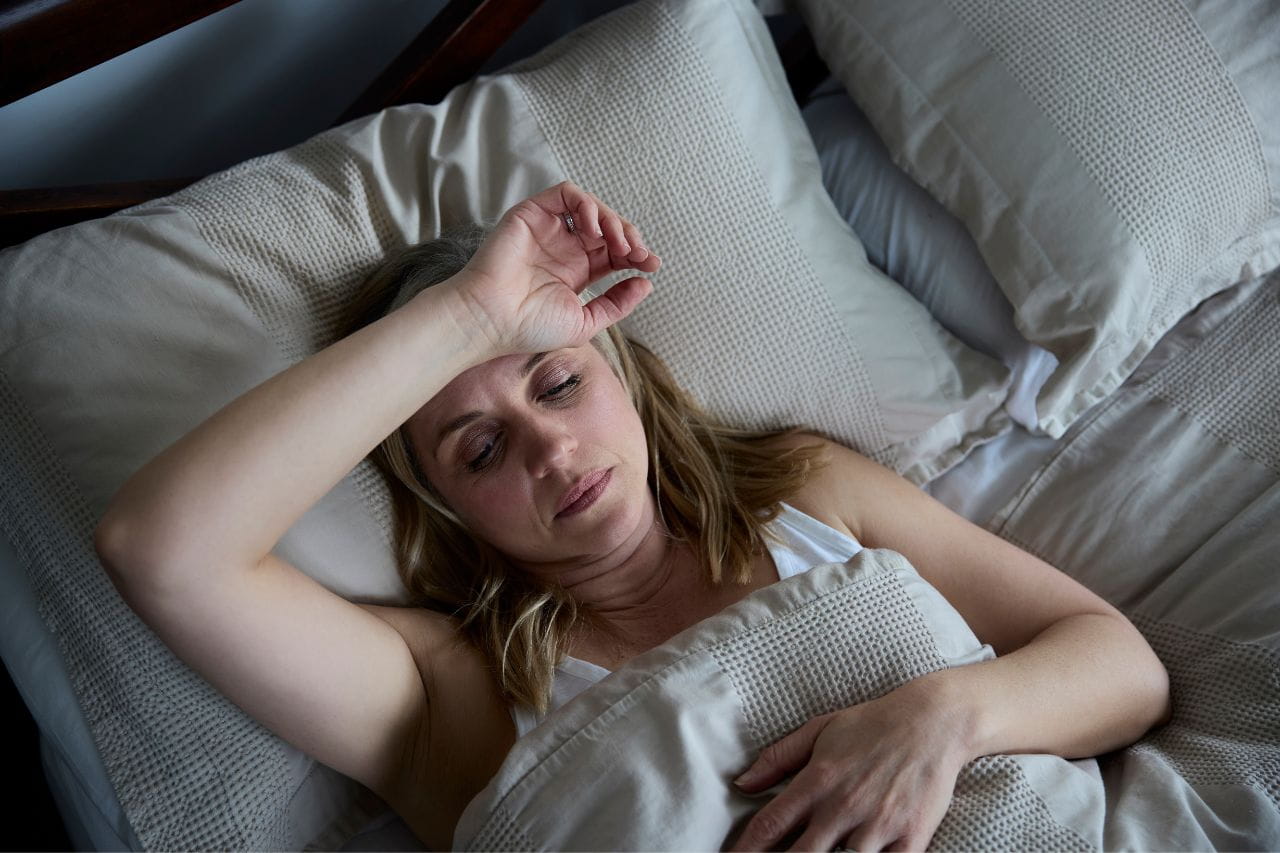Why Is Sleep Hygiene Important?

When you hear the word “hygiene,” you may think of oral hygiene (brushing and flossing your teeth) or personal hygiene (showering, grooming, etc.). But sleep hygiene is just as important as other practices.
Most people agree that few things feel better than getting a good night’s sleep. That’s because sleep is essential to good physical and mental health. Consequently, proper sleep hygiene is critical to your overall quality of life.
What Is Sleep Hygiene?
Sleep hygiene is another way of saying sleep habits. It’s the conditions you create to help you sleep better. Why should you practice good sleep hygiene? When you do, you enable yourself to fall asleep more quickly, stay asleep longer and get deeper, more restful sleep.
Benefits of Good Sleep Hygiene
People who use good sleep hygiene practices to help them sleep better enjoy many benefits. They include:
- Increased daytime energy level
- Improved mood
- Enhanced immune system function
- Decreased stress
- Improved brain function
- Better blood sugar regulation
And these benefits lead to others, like increased productivity, improved relationships, fewer illnesses, increased happiness, etc.
How to Practice Good Sleep Hygiene
If you’re wondering how to practice sleep hygiene, the good news is that you can quickly improve your sleep habits. And once you’ve established good sleep hygiene, it just comes naturally!
Use these good sleep hygiene practices to improve your sleep quality:
- Keep a consistent sleep schedule. If you work during the week, it can be tempting to stay up late and sleep in on the weekends. But it’s best to maintain the same sleep-wake pattern seven days a week.
- Get regular exercise (well before bedtime) and proper nutrition. Good physical health and adequate sleep have a synergistic relationship. That means improving one aspect improves the other.
- Maintain the right bedroom environment. Your bedroom should be cool, dark, and quiet. It’s also important to have a comfortable bed, pillows, and bedding.
- Limit the use of your bed to sleeping and sex. People who do things like watching TV or working in bed may find it harder to sleep there since their brain associates their bed with non-sleep activities.
- Get out of bed if you’re not sleeping. Avoid tossing and turning in bed if you can’t sleep. Instead, get up and do a relaxing activity until you feel tired.
- Limit napping. It’s best to avoid napping so that you’re tired at bedtime. If you do nap, limit naps to 30 minutes and take them earlier in the day.
- Avoid using electronic devices close to bedtime. Phones and other devices emit blue light, which can reduce your production of sleep-inducing melatonin.
- Take steps to reduce your stress before bedtime. Activities like meditating and journaling (to relieve your brain of stressful thoughts) can improve your sleep quality.
Understanding Bad Sleep Hygiene
As you work to improve your sleep hygiene, you should keep in mind what bad sleep habits are. For instance, you should avoid:
- Exercising close to bedtime. Working out energizes your body, which isn’t helpful when preparing to sleep.
- Eating or drinking close to bedtime. Having a full stomach makes it harder to sleep. And a full bladder can wake you up during the night.
- Consuming too much caffeine, especially later in the day. Caffeine is a stimulant that affects your body for several hours after you finish it.
- Creating an unfavorable sleep environment. If you allow your bedroom to be too warm or cold, loud, etc., you make it harder to get restorative sleep.
- Checking your phone just before getting into bed. It’s common for people to take “one last look” at their phone before bedtime, but that activity can increase your alertness and interfere with “winding down.”
Connect with the Sleep Specialists at Baptist Health
If you struggle to get enough sleep or good-quality sleep, the experts in our Sleep Center can help. Talk with them or your primary care physician to get on the path to better sleep!



